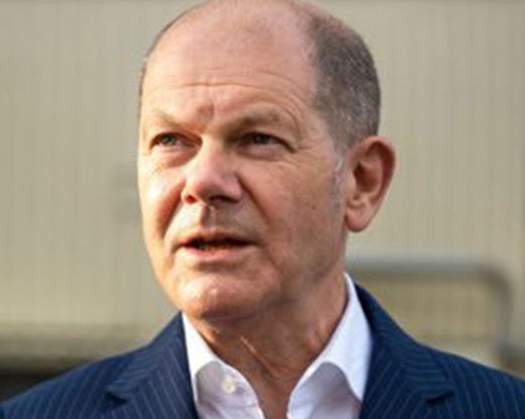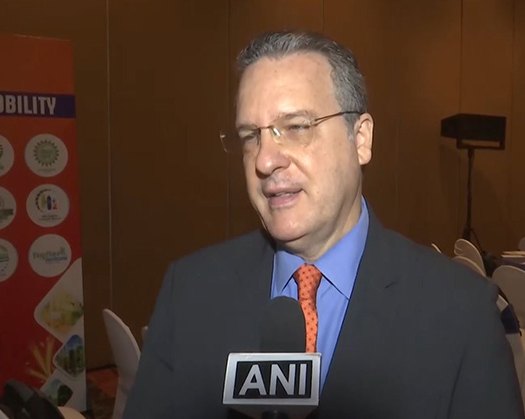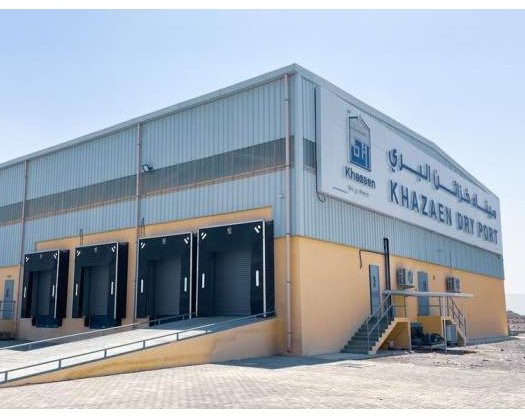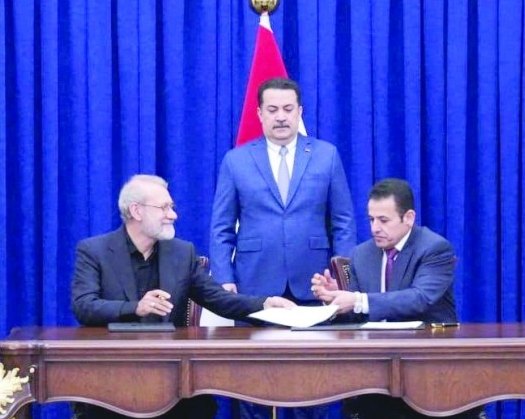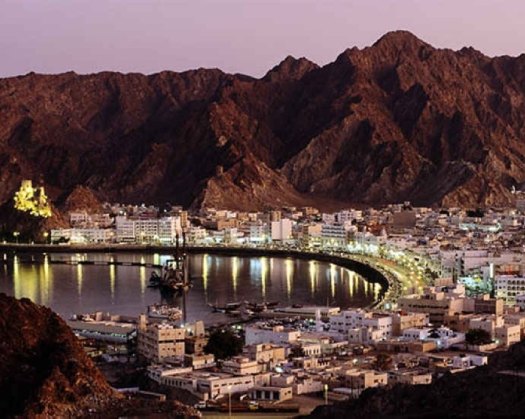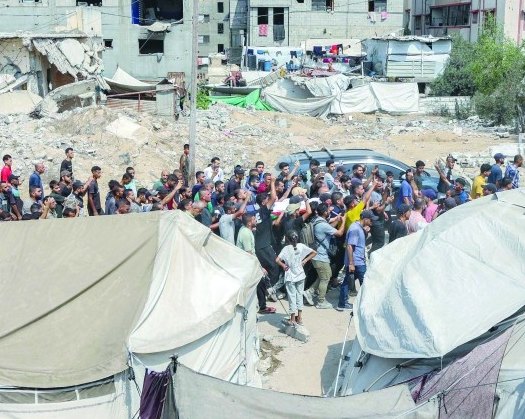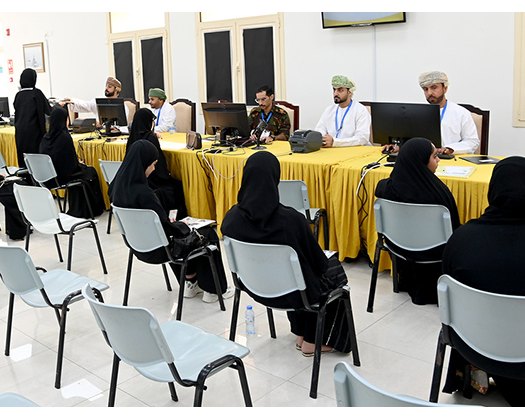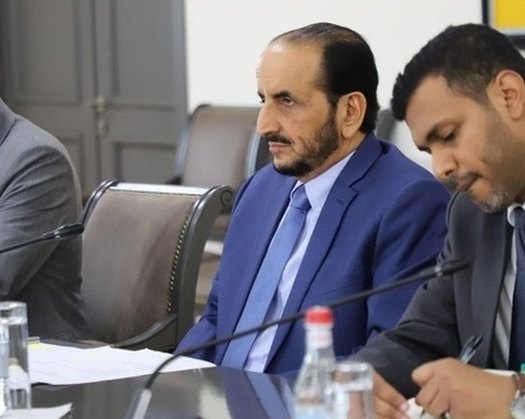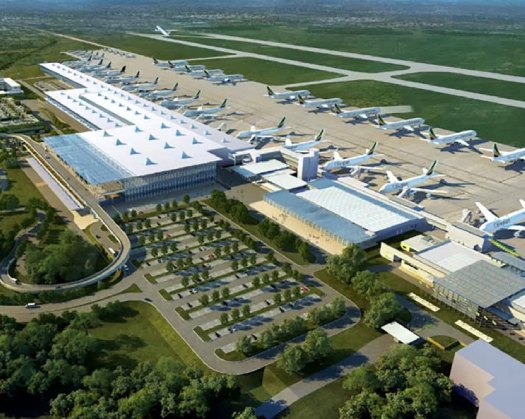New Delhi: The Chancellor of Germany, Olaf Schulz, is scheduled to arrive in Delhi today for the 7th Inter-Governmental Consultations (IGC) and the Asia Pacific Conference of German Business (APK 2024). Chancellor Scholz will be accompanied by senior Ministers for the IGC consultations.
It is not uncommon for such meetings to be perceived as mere opportunities for routine exchanges, devoid of any significant substance. However, the evolving global landscape and the perceived necessity for increased European engagement with India are propelling a renewed effort by Germany (and Europe) to engage with Prime Minister Modi.
This underscores the importance of Chancellor Scholz's visit. It presents a unique opportunity for India and Germany to imbue strategic significance into their relationship and to foster bilateral cooperation in defense, including the co-production and co-development of weapon systems.
As articulated by the Ministry of External Affairs, the IGC serves as a comprehensive framework under which respective Ministers engage in discussions across their areas of responsibility. This platform allows leaders to deliberate on broader strategic issues and developments impacting the international stage.
Furthermore, both leaders are slated to address the 18th Asia Pacific Conference of German Business (APK 2024), scheduled for 25 October in New Delhi. This event is of considerable importance as it is a biennial gathering for business leaders, executives, and political representatives from Germany and the countries in the Indo-Pacific region. It is anticipated to further strengthen trade and investment relations between the two countries and to create opportunities for collaborative investment in the Indo-Pacific. Approximately 650 top business leaders and CEOs from Germany, India, and other nations are expected to participate in this event.
The Chancellor of Germany has visited India on two occasions in 2023, with the first visit being a bilateral state visit in February and the second in September to attend the G20 leaders' Summit in Delhi. These visits underscore the significance that Germany places on India from both an economic and geopolitical standpoint.
The most recent IGC was convened in 2022, and the current global scenario has seen a dramatic shift. With India assuming a pivotal role in various geopolitical arenas, Germany is keen to deepen its engagement. The focus on the Indo-Pacific and the imperative to diversify supply chains from a China-dependent model are pivotal factors driving Germany's renewed interest in strengthening its ties with New Delhi.
It is of paramount importance to note that Germany is set to intensify its involvement in the Ukraine conflict, following the recent visits of Prime Minister Narendra Modi to both Moscow and Kyiv. The fundamental principle, as reiterated by Prime Minister Modi on numerous occasions, is India's unwavering desire for peace. The path forward in this regard is for Ukraine and Russia to convene at the negotiating table.
Another area where there is anticipated growth in collaboration is within the defense and high technology sectors. The prospect of accessing India's expansive markets is a primary objective for Germany in the present era.
As reported by Reuters, there is a prevailing sense of optimism among German companies regarding India's potential for growth across various sectors. They are eager to leverage India's pool of skilled young professionals, its more affordable cost structure, and its projected economic growth rate of approximately 7%. For India, the demand for access to advanced technology in various domains is significant. Moreover, the 'Make in India' initiative presents an opportunity for countries like Germany to invest with renewed enthusiasm.
This engagement is pragmatic and focused on fostering collaboration in both the economic and defense sectors. Germany is particularly interested in exporting high-end defense technology to India. In pursuit of this goal, Germany has revised its export licensing requirements to include India in several categories of equipment, thereby facilitating India's access to a range of critical systems in the maritime, missile, and land domains. The German company Thyssen Krupp has entered into the Indian market to compete for the construction of submarines for the P 75 (I) project, with the outcome of this bid still pending. This initiative is just one illustration of the vast array of systems that Germany is prepared to offer, and India's stance is that it is open to acquiring these systems, provided that Berlin simplifies the export licensing process to facilitate automatic exports to India.
Beyond defense technology, there is potential for India and Germany to advance proposals for collaboration in critical technologies. India already maintains existing partnerships with the United States and the United Kingdom, which could be adapted to address the specific needs of both India and Germany. There are several reasons why Germany is shifting its focus towards India and the Indo-Pacific region. The primary reasons are China and the Indian market. While European economic engagement with China remains robust, the experiences with Russia and the actions of Beijing during the Covid pandemic have underscored the importance of seeking alternative, more dependable supply chain partners. Furthermore, the Indian market is transitioning towards high-end manufacturing, with high technology emerging as a key focus. Given Germany's extensive capabilities, this moment presents an opportune time to engage and agree on various strategic initiatives.
The visit of the German Chancellor to India is taking place at a juncture when the nation's economy, which is predominantly export-oriented, is enduring its second consecutive year of contraction. Concurrently, there is a growing concern regarding a potential resurgence of economic ties with Germany, amidst the ongoing dispute between the European Union and China. Furthermore, the adverse experience of overdependence on Russian gas prior to the conflict with Ukraine in 2022 has underscored the necessity for Berlin to diversify its relationships and reduce its reliance on China. In the realm of investment, Germany has allocated approximately 25 billion euros (US$27 billion) in 2022, constituting about 20% of its total investment volume in China. Volker Treier, the head of foreign trade at the German Chamber of Commerce DIHK, has indicated in an interview with Reuters that this proportion could increase to 40% by the end of the decade. Treier further noted, "China will not vanish, but India will emerge as an increasingly significant market for German companies."
It is anticipated that the 7th India-Germany Group of Consultations (IGC) will encompass discussions aimed at facilitating greater opportunities for Indian students to pursue education in Germany, given the country's need to augment its workforce by five million individuals in the forthcoming years. The Indian business daily Mint has reported that Germany intends to more than quadruple the quota of skilled worker visas for Indians, from the current 20,000 to 90,000 annually. However, challenges such as the requirement to learn the German language and securing suitable employment remain significant barriers to progress in this area. The forthcoming discussions are expected to pave the way for simple and practical solutions to these challenges.
A strategic overview of the visit reveals that it will cover a wide range of regional and international issues, including bilateral cooperation. There will be specific outcomes in the economic and defense sectors. The significance of particular agreements remains to be determined, but it is understood to foster a deeper comprehension of each other's positions and to spur intense discussions on areas of mutual interest. The information provided above merely represents a preliminary glimpse into the array of deliverables anticipated at the 7th IGC. The trajectory of future engagement between India and Germany could be significantly shaped by the upcoming meeting of the leaders of both nations.

